Seminars
Upcoming Seminars
Stay tune!
Past Seminars
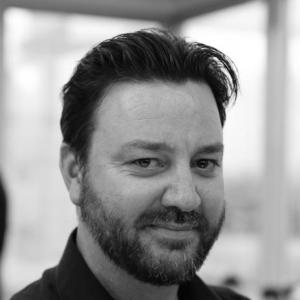
Building Big Underground – Modern Challenges in meeting the demands of expanding the Urban Environment
January 18, 2023 - 12:00 pm
Speaker: Luis Piek
The share of the world’s population living in cities is expected to rise to 80% by 2050. To meet the current and future transportation demands while minimizing disturbance to existing infrastructure, City municipalities are expanding their subterranean networks, requiring longer, larger, and more extensive underground networks. Additional challenges include crossing active faults, meeting high seismic demands, and large excavations adjacent to tall buildings and their interaction with existing and future tunnels.
What We Learned from Parallel Linear and Non-linear Analyses
January 11, 2023 - 12:00 pm
Speaker: Ariel Creagh
When designing a structure, a critical decision is whether the lateral force resisting system will be developed using linear or non-linear analysis techniques. On our new design, laboratory research projects at UCSF, the Technical Performance Criteria requires us to do both analyses in parallel. Can you predict what are the differences in the overall design of the lateral force resisting system depending on which type of analysis is used?
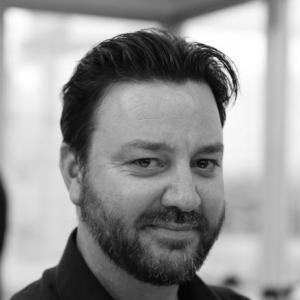
Building Big Underground – Modern Challenges in meeting the demands of expanding the Urban Environment
November 28, 2022 - 12:00 pm
Speaker: Luis Piek
The share of the world’s population living in cities is expected to rise to 80% by 2050. To meet the current and future transportation demands while minimizing disturbance to existing infrastructure, City municipalities are expanding their subterranean networks, requiring longer, larger, and more extensive underground networks. Additional challenges include crossing active faults, meeting high seismic demands, and large excavations adjacent to tall buildings and their interaction with existing and future tunnels.
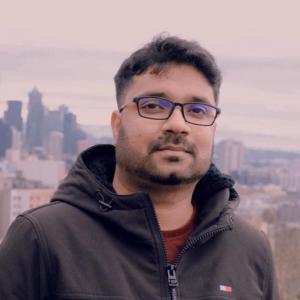
A Smart Train Concept for High-Speed Ultrasonic Monitoring of Railroad Tracks
November 21, 2022 - 12:00 pm
Speaker: Diptojit Datta
Every year, the railroad industry transports over 10,000 billion freight ton-kilometers and 3000 billion passenger-kilometers around the world. Internal defects in rails and degrading ballast support conditions for railroad ties are some of the major causes of train derailment related accidents. Timely detection of such defects is of critical interest to the railroad maintenance community for ensuring the reliability of the railroad infrastructure.
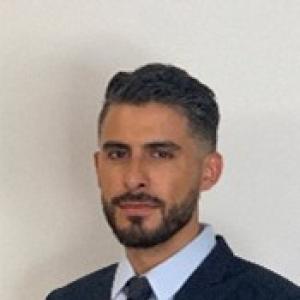
Construction Disputes and Structural Failures: In-depth Technical Investigations for Providing Answers
November 16, 2022 - 12:00 pm
Speaker: Jeffrey Hunt & Joaquin Marquez
Structural failures and disputes on construction projects often leave owners, engineers, contractors, and the general public questioning “How?”, “Why?”, and “What went wrong?” Answering these questions requires detective work, technical analyses, and engineering insight. In this talk, the presenters introduce the world of forensic engineering and consulting. Case studies of a couple of recent projects will be discussed, including those that involve claimed design errors/omissions, defects, and
construction sequencing issues.
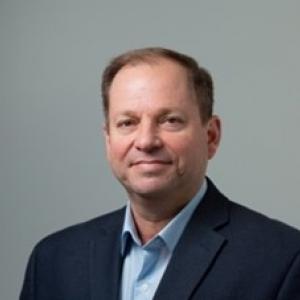
Enabling the Mass Timber Revolution: Resilience, Sustainability, and Technology
November 09, 2022 - 12:00 pm
Speaker: John W. van de Lindt
As we move through the decades since three seminal earthquakes between 1989 and 1995 occurred there has been a mega-shift toward resilience and sustainability, and the shared-use facilities within NEES and NHERI have been truly integral to this still-accelerating story; included here will be the evolution of the wood building as an illustrative example. This talk will take you back 25 years beginning in the 1990’s with woodframe research and on to performance-based seismic design of taller wood buildings.
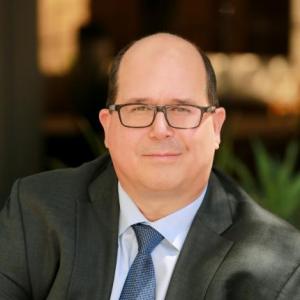
Base Isolation of an Existing Building and Unique “Hashtag” Science Building
November 07, 2022 - 12:00 pm
Speaker: Matt Skokan, Ph.D., S.E and Nofel Teldjoune, P.E. Saiful Bouquet Structural Engineers
This seminar will focus on the technical aspects of two challenging projects currently being designed at Saiful Bouquet, including one new building and one retrofit of an existing building:
- Base Isolation of an Existing Building
- Unique “Hashtag” Science Building
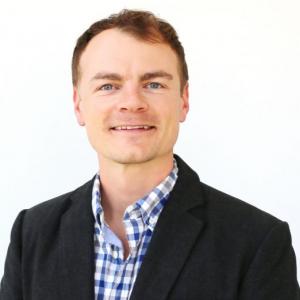
Developing Engaging Concept-Driven Tools and Strategies for Teaching Structural Design
November 03, 2022 - 3:00 pm
Speaker: Joel Lanning
Structural engineering students are expected to have a well-developed understanding of structural design upon graduation. However, many students achieve only a low level of understanding and design abilities amounting to “plug-and-chug” and “being able with the table.” These student outcomes are simply not acceptable when it comes to designing structures that affect the lives of countless people.
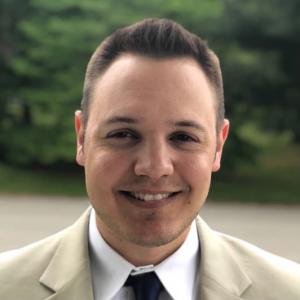
A Brief Overview Of Single-Family Home Design And Residential Structural Engineering
November 02, 2022 - 12:00 pm
Speaker: Nicholas J. Martignetti and Richard J. Zabel
Mulhern + Kulp is a full-service structural engineering consulting firm, providing services to architects, builders, and developers nationwide. As one of the largest firms in the residential industry, we specialize in wood framed design, particularly single-family homes and townhomes. Please join us to learn more, as we will be reviewing some general wood construction knowledge and common terms, going over construction roles and the people involved, outlining the design services provided by Mulhern + Kulp, and discussing the importance of structural engineering in residential design.
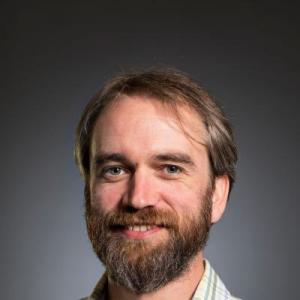
The NHERI TallWood Project Shake Table Test of Mass Timber Building
October 31, 2022 - 12:00 pm
Speaker: Jeffrey Berman
To advance the wood products market, new design solutions for tall wood buildings using mass timber products are being developed. In particular, post-tensioned rocking walls built with cross-laminated timber (CLT) or other mass timber products have been proposed as a seismic resilient lateral system. To advance the seismically resilient mass timber solutions for tall buildings, a comprehensive shake table test program of a 10-story building with mass timber rocking walls is underway. Construction and testing is taking place on the NHERI@UC San Diego outdoor shaking table.
